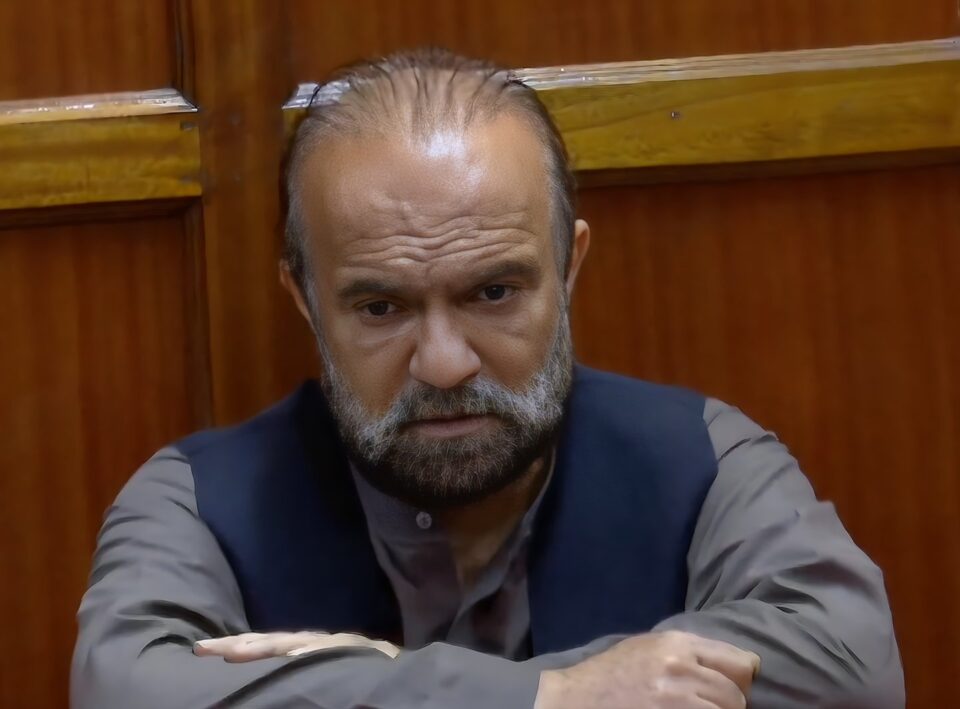NAIROBI, Kenya — A Kenyan court has approved the extradition of Zahir Qadir, a former deputy speaker of Afghanistan’s House of Representatives, to the United States, where he faces charges of drug and arms trafficking, court officials confirmed Tuesday.
Qadir, who was arrested in Nairobi last month, is accused by U.S. authorities of orchestrating an international smuggling network that moved narcotics and weapons into the United States. His detention and extradition were requested by the U.S. Drug Enforcement Administration under a warrant issued by a federal court in New York on March 25.
The Milimani Law Courts in Nairobi deemed Qadir a flight risk and ordered that he remain in custody pending his transfer to U.S. authorities, a process expected to take place within 14 days.
Dressed in a dark suit and appearing visibly tense, Qadir sat quietly as the ruling was read in a courtroom attended by local journalists. He did not speak during the proceedings, and his legal team declined to comment beyond confirming plans to appeal.
“This ruling is not final,” said Omega Ochieng, Qadir’s lead attorney. “We are preparing an urgent application to suspend the extradition and will pursue a formal appeal within the mandated time frame.”
Qadir has maintained that his visit to Kenya was for business purposes and that he intended to return to Afghanistan. His defense team has argued that the charges are politically motivated and warned that extradition would place him at risk.
The case has drawn significant attention due to Qadir’s high-profile past and the growing use of East African nations as operational bases or transit zones for transnational criminal networks. Kenyan authorities, under increasing international pressure, have cooperated closely with Western law enforcement agencies in recent years.
The extradition highlights Kenya’s evolving role as a partner in global justice efforts, particularly in combatting narcotics trafficking and organized crime. Legal analysts say the decision could set a precedent for similar cases as the country balances domestic judicial sovereignty with international obligations.
“Kenya has made it clear it will not be a safe haven for international fugitives,” said Lydia Mburu, a Nairobi-based criminal justice expert. “This case demonstrates the country’s commitment to global cooperation in criminal matters.”
U.S. officials have not publicly commented on the extradition ruling, but a source familiar with the investigation confirmed that Qadir will be transferred to federal custody upon arrival in New York.
The outcome of Qadir’s appeal — and the broader diplomatic ramifications — remain to be seen. But for now, the former Afghan lawmaker faces a legal reckoning thousands of miles from his homeland.





